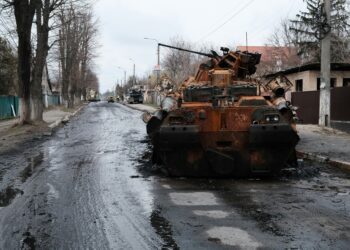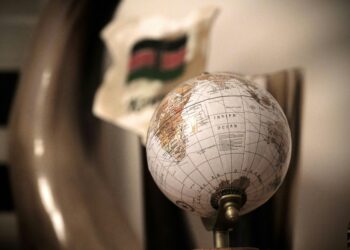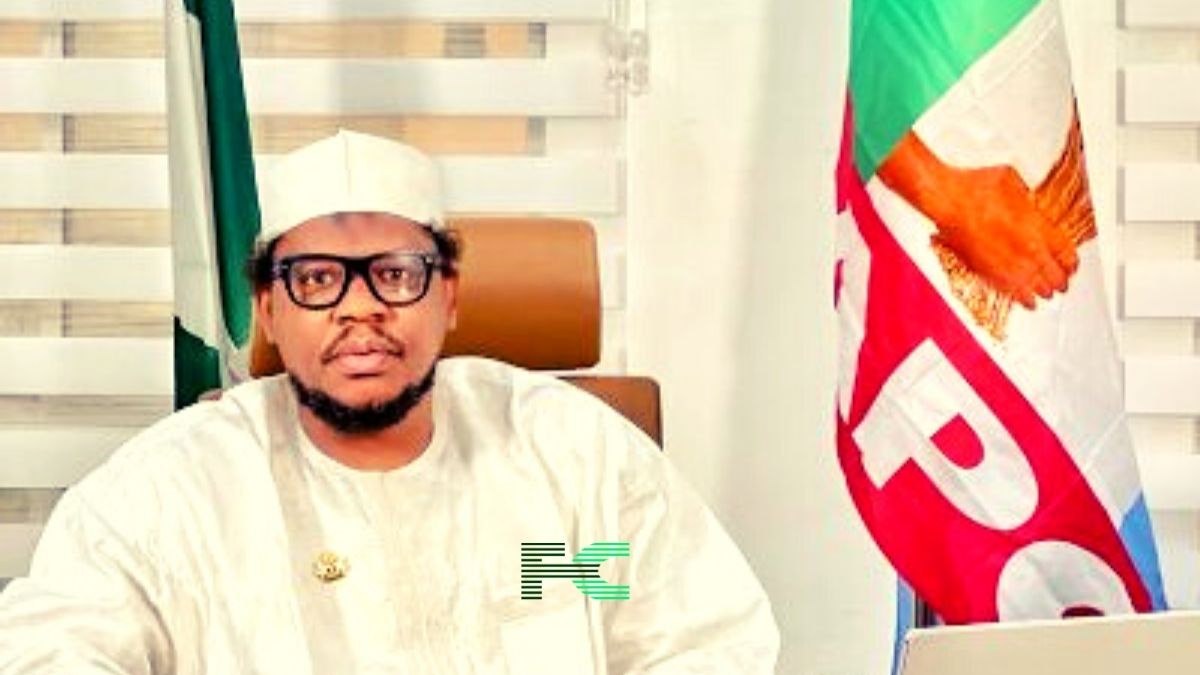In 2015, after years of failed attempts at the presidency, Muhammadu Buhari finally clinched Nigeria’s top job—and with him came an overwhelming wave of hope. That year, I remember an essay competition organised by Kenneth Imasuagbon in Edo State. The topic? The Tenacity and Resilience of Muhammadu Buhari. It was like a national moment of rebirth. Students across the state wrote about a man who had come to save Nigeria, who had failed three times and yet refused to give up. And when he won, it felt like the triumph of integrity over impunity. He didn’t just come with a party—he came with a symbol. A broom. One he said he would use to sweep away corruption, indiscipline, insecurity, and incompetence.
Fast forward to 2025. Buhari is dead. Gone at 82, far away in London. But as Nigerians read the news and say their prayers, the question that follows the headlines is louder than any tribute: Did that broom ever sweep anything? Or did we all fall for a metaphor with no meaning?
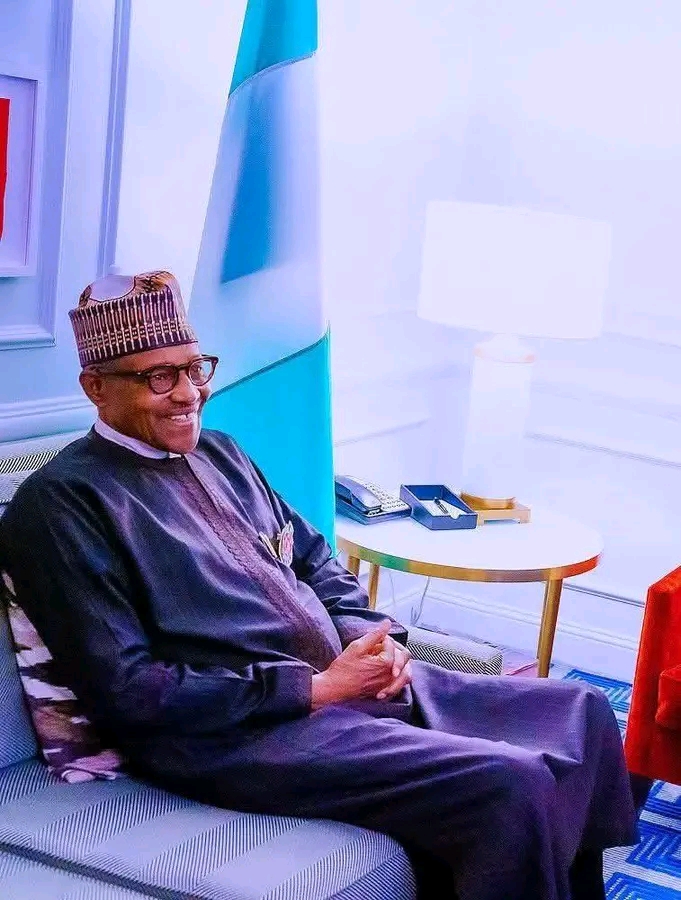
From Daura to Dodan Barracks: The Rise of a Military Puritan
Born on December 17, 1942, in the quiet town of Daura in present-day Katsina State, Muhammadu Buhari entered the Nigerian Army at a young age, rising through the ranks during the country’s chaotic post-independence years. A no-nonsense disciplinarian, he made his name during the Nigerian Civil War and eventually became a General.
By 1983, Nigeria was drowning in corruption and economic mismanagement. Buhari, then Major General, led a bloodless coup that ousted the elected civilian government of President Shehu Shagari. Many Nigerians initially welcomed the move. The country was in freefall, and Buhari promised to clean it up.
What followed was a military regime that ruled with iron fists. Under his so-called War Against Indiscipline, Nigerians were flogged for queuing disorderly, students were jailed for cheating in exams, and lateness to work could get you punished in public. He locked up journalists, banned political parties, and jailed politicians—many without trial.
Yes, Buhari tried to restore order. But at what cost? His economic policies, including a crackdown on imports and a rigid foreign exchange regime, worsened inflation and choked businesses. Even fellow military officers felt it. In 1985, just 20 months later, he was overthrown by General Ibrahim Babangida.
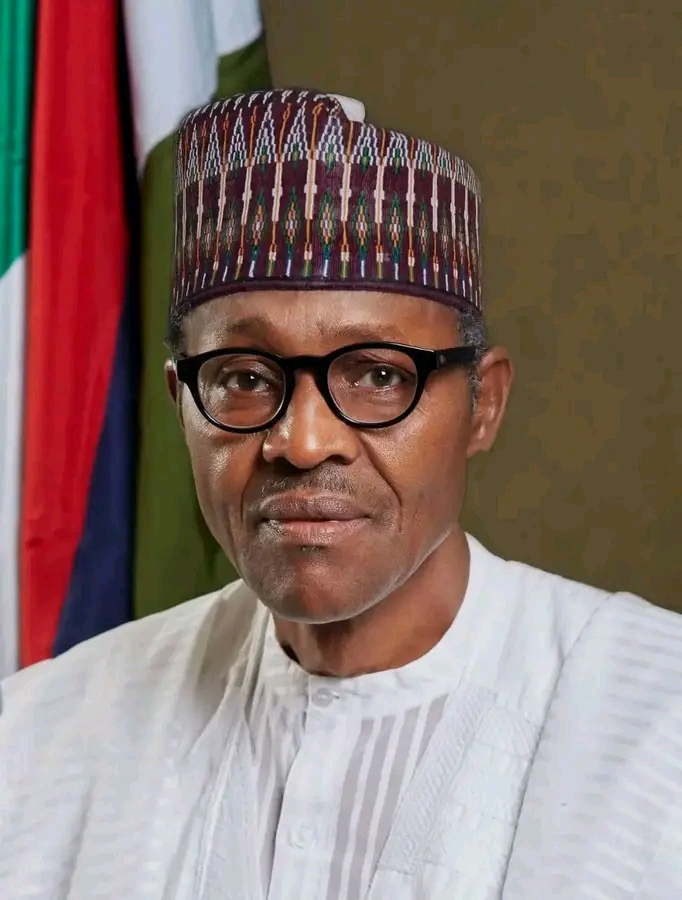
Civilian Comeback: From Opposition Punchline to Political Powerhouse
For years, Buhari disappeared from the spotlight, retreating into political silence. Then in 2003, he returned, now wearing agbada instead of uniform. He ran for president three times and lost. His northern, Muslim, and anti-corruption identity won him loyal supporters, but his rigidity alienated others. Many mocked his repeated losses. But Buhari wasn’t done.
In 2015, in a historic upset, he defeated incumbent Goodluck Jonathan. For the first time in Nigeria’s history, an opposition candidate took power through the ballot box. His campaign focused on three promises: fight corruption, defeat Boko Haram, and fix the economy.
The broom became his symbol—he promised to sweep Nigeria clean.
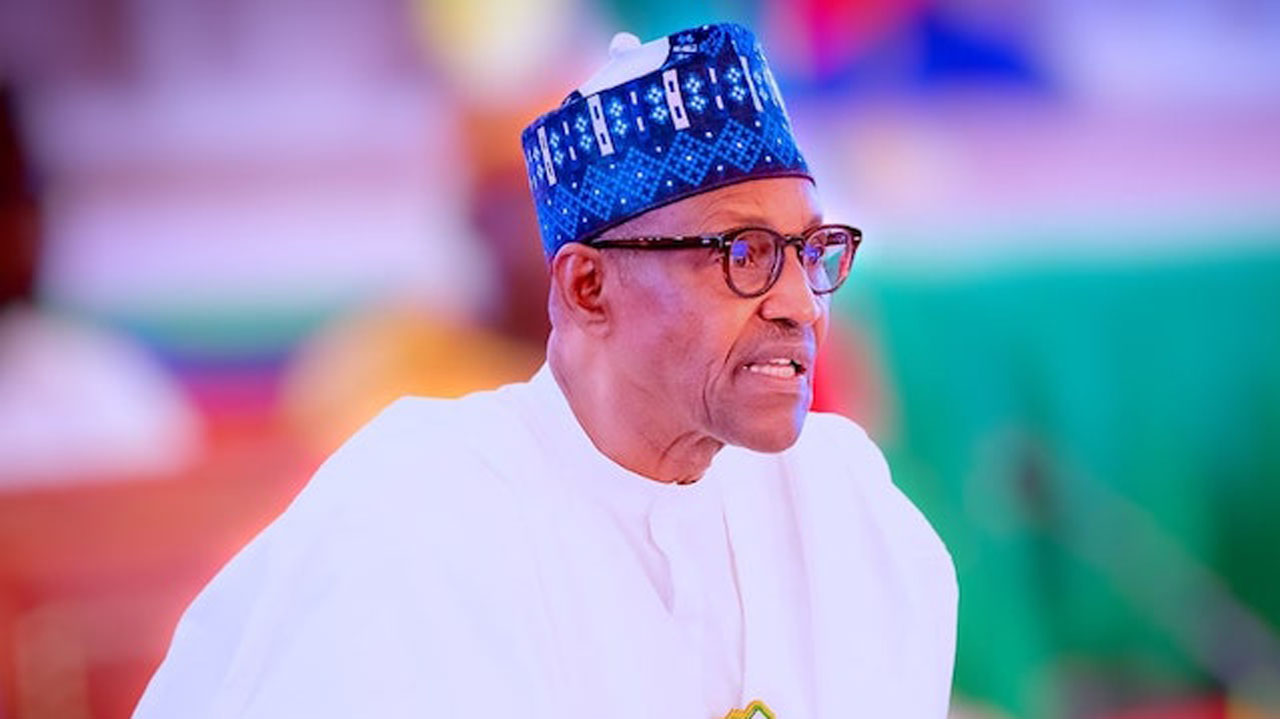
Anti-Corruption: Symbolic War or Selective Battle?
To Buhari’s credit, he made anti-corruption the central theme of his presidency. Some public officials were probed. Some loot was recovered. International praise followed, but so did criticism. Many believed his anti-graft fight was one-sided—harsh on opponents but gentle on allies.
He promised transparency but stayed silent on scandals within his cabinet. Nigerians questioned why powerful figures close to his government remained untouched. The broom, they said, swept only when it was convenient.
The Economy: From Recession to Regret
Buhari inherited an economy in trouble. But under his watch, Nigeria slid into its first recession in over two decades. His economic team was slow, often confused. He delayed appointing ministers. Investors fled. The naira plummeted. Inflation soared. Unemployment crossed 20%.
When COVID-19 struck, things got worse. But even before the pandemic, hardship had become the national language. Buhari’s policies on border closure and import bans hurt small businesses. His reluctance to float the naira deepened the crisis.
Supporters blamed external factors. Critics blamed him. “Change” had become “chain,” many said.
Insecurity: The War He Couldn’t Win
Boko Haram remained a thorn in his legacy. Though his administration made progress in reclaiming territories, the group evolved, and so did the violence. Bandits, kidnappers, and unknown gunmen emerged as new threats.
From Zamfara to Kaduna, from Niger to Imo, the story was the same—schools were raided, villagers massacred, security forces stretched thin. Buhari condemned attacks but rarely visited scenes. His critics accused him of aloofness, even indifference.
#EndSARS and the Silence That Screamed
In 2020, Nigerian youths poured onto the streets under the banner of #EndSARS, demanding an end to police brutality. It was a pivotal moment. Young Nigerians finally found their voice.
But on October 20, 2020, at Lekki Toll Gate, the military opened fire on unarmed protesters. What followed was global outrage and national grief. Buhari’s televised response days later was unapologetic, and cold. Many said that moment broke the last thread of trust between him and the youth.

The Clone Allegation: Who Really Came Back from London?
Between 2017 and 2018, Buhari spent several months in London receiving medical treatment. The presidency said it was routine. Nigerians weren’t convinced. Theories erupted: had Buhari died? Was he replaced by a Sudanese body double named Jubril?
As ridiculous as it sounds, the rumours didn’t go away. In December 2018, standing in Poland, Buhari addressed it: “I’m the real Buhari, I assure you. I will soon celebrate my 76th birthday, and I will still go strong.”
But the damage was done. The fact that many believed the rumour said more about the distance—emotional and physical—between Buhari and the people he governed.
Was He a Failure or a Patriot?
Buhari wasn’t a thief. He wasn’t a loud politician either. His supporters saw him as disciplined, incorruptible, and morally upright. They admired his quiet dignity and commitment to simple living. In a country ravaged by flamboyant looters, Buhari stood out.
But his presidency left behind a bitter aftertaste. The economy faltered. Security collapsed. His aloofness during national crises was jarring. He rarely addressed the nation spontaneously, often preferring heavily edited statements or long silences.
Yes, he tried to instill order. But his leadership style was rigid, outdated, and sometimes out of touch with a dynamic, digital, and desperate nation.
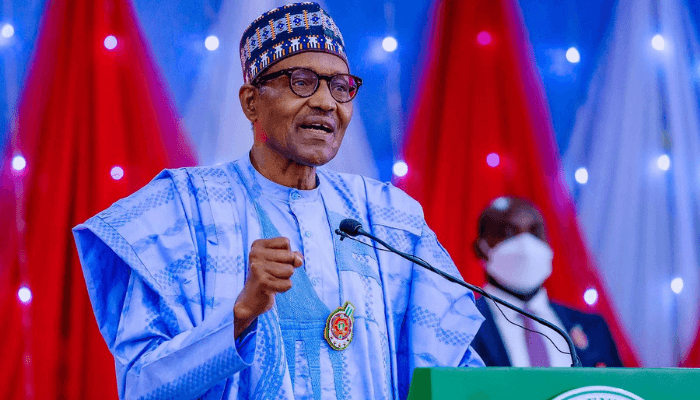
A Tribute to The Soldier Who Outlived His Relevance
Now the broom lies idle. The man who once held it high as a symbol of national cleansing has died, but the dirt he promised to sweep remains stubbornly intact—if not worse. Corruption still thrives, insecurity is deeper, and the economy that once needed resuscitation now floats between life and death. Yes, Buhari endured. Yes, he was resilient. But did Nigeria ever feel the benefit of that endurance?
In the end, Buhari’s death closes the chapter of a man whose story was full of symbolism but thin on delivery. His life taught us about patience, his presidency taught us about hope, but his legacy teaches us to ask harder questions next time. A broom is only useful when it is used—and Buhari, for all his discipline and moral uprightness, may have just left the mess untouched.


